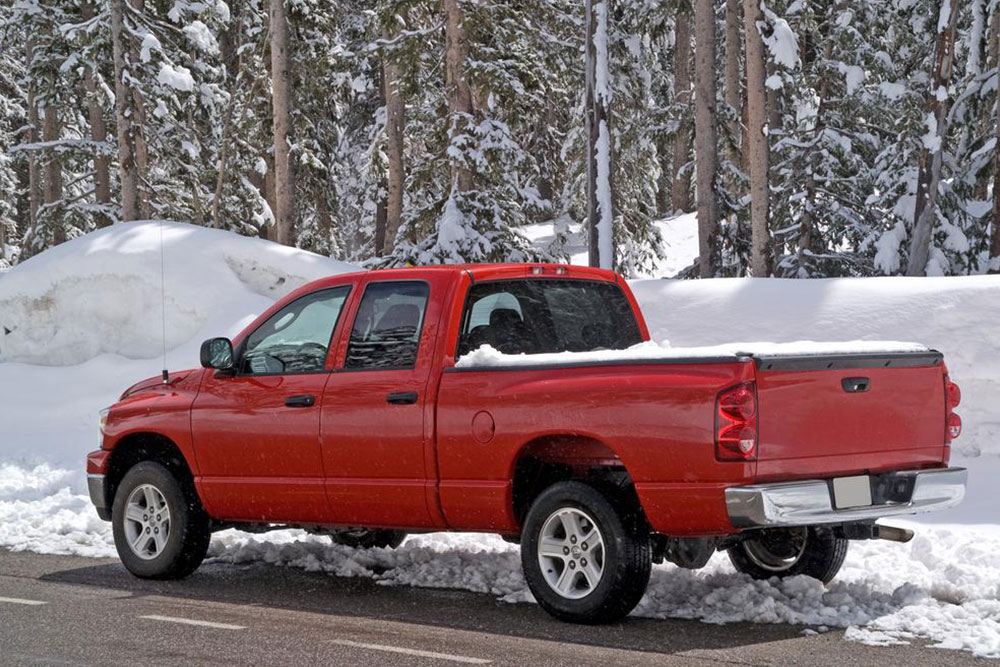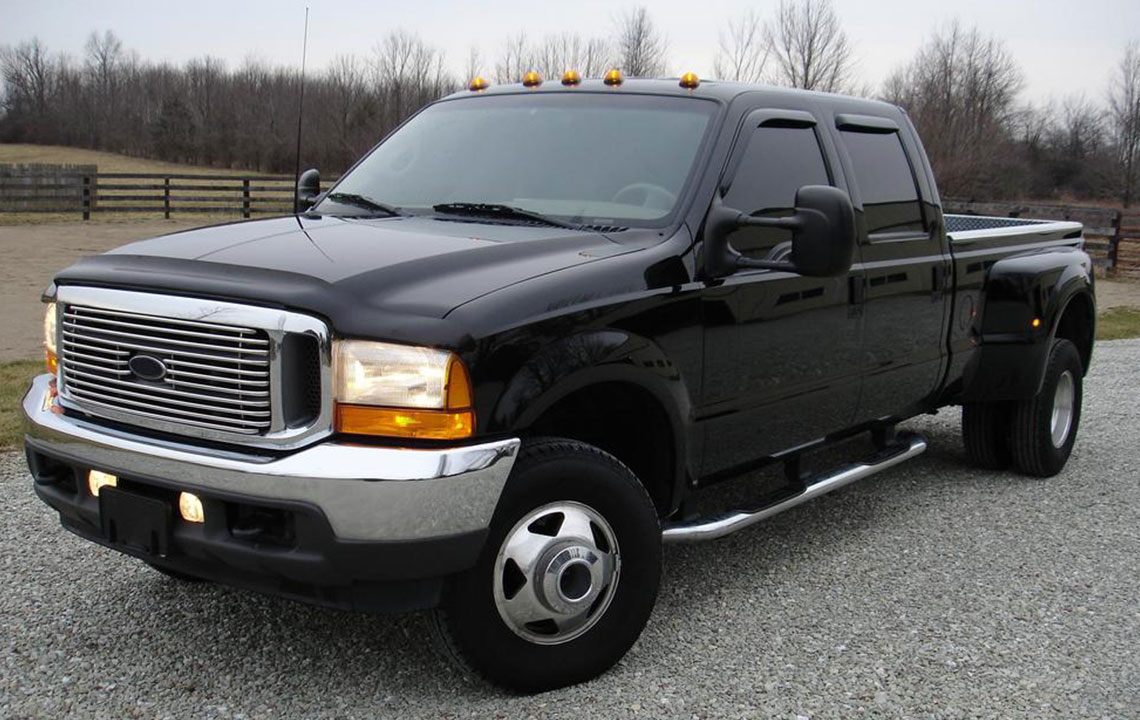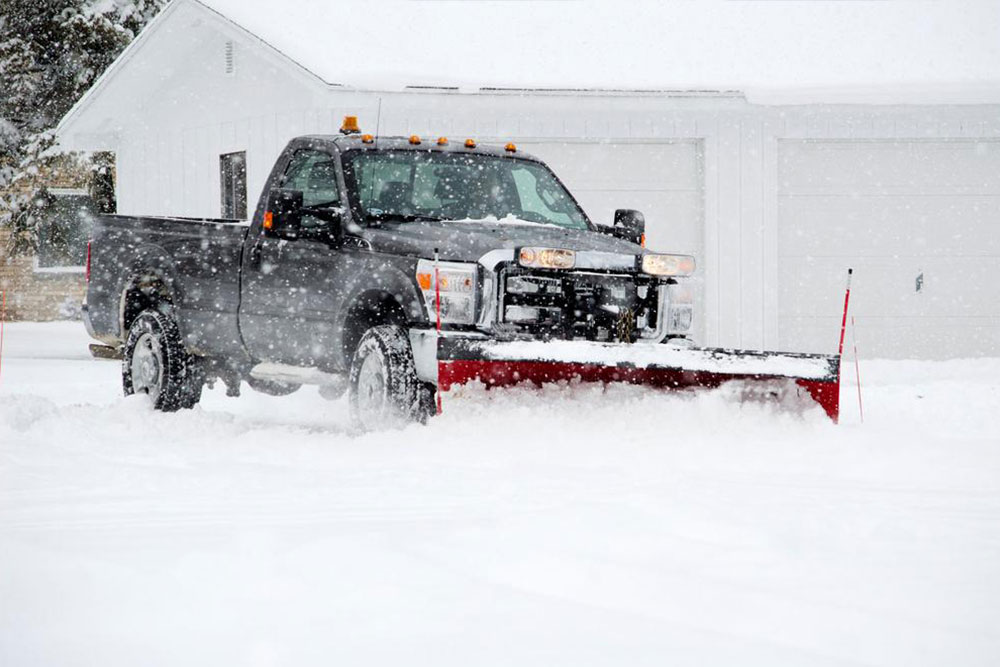Essential Guide to Finding the Perfect Used Truck for Your Needs
Discover comprehensive tips for purchasing the perfect used truck, including inspection techniques, essential checks, and negotiation strategies. This guide helps buyers make informed decisions to secure reliable, high-quality used trucks tailored to their needs and budget.

Shopping for a dependable used truck that blends affordability, strength, and style can be a challenging task. While many prospective buyers have a basic understanding of what to look for, there's often a tendency to overlook critical details that can significantly impact the longevity and performance of the vehicle. Making an informed decision requires a thorough inspection process and a clear understanding of your specific needs. This comprehensive guide aims to help you navigate the used truck market effectively by highlighting essential tips, inspection points, and considerations to secure a smart purchase. Whether you're a small business owner, outdoor enthusiast, or simply need a versatile vehicle, this article provides valuable insights to help you find the perfect used truck that meets your requirements and budget.
Understanding Your Needs Before Starting the Search
Before diving into the used truck market, it’s crucial to define your requirements clearly. Consider how you plan to use the truck—whether for daily commuting, heavy-duty work, off-road adventures, or recreational activities. Identify key factors like transmission preference (manual or automatic), payload capacity, towing capabilities, passenger space, and fuel efficiency. Knowing these specifications helps narrow down your options and prevents you from wasting time on unsuitable vehicles.
Where to Start Your Search
Start your search at reputable sources such as certified pre-owned dealerships, trusted private sellers, or well-known online marketplaces. Ensure the dealerships are certified and offer comprehensive vehicle history reports. Online platforms like AutoTrader, CarMax, and local classifieds can offer a wide variety of options. Always cross-reference listings, read reviews, and verify seller credibility. Remember, a good deal is only beneficial if the vehicle’s condition is reliable.
Performing a Comprehensive Visual Inspection
Once you’ve identified potential trucks, conduct a detailed visual inspection. Begin by examining the exterior for signs of rust, dents, mismatched paint, or previous repairs. Rust is common in older trucks and can be a sign of underlying corrosion issues, especially around wheel wells, undercarriage, and door sills. Don’t be deceived by shiny paint or aftermarket wheels; these cosmetic features can mask hidden problems.
Inspect the tires for uneven wear, which could indicate alignment issues or suspension problems. Check the body panels for straightness and signs of collision repairs. Under the vehicle, look for fluid leaks, especially oil, transmission fluid, or coolant leaks, which denote mechanical problems. Pay close attention to the underside for rust or damage, as this can impact structural integrity.
Mechanical Inspection: Critical Points to Cover
Mechanical health is paramount when purchasing a used truck. Key components to check include:
Engine: Ensure there are no abnormal noises or vibrations during startup. Check for oil leaks or excessive smoke during engine operation.
Transmission: Whether manual or automatic, test for smooth shifting and listen for unusual noises. Ask about the transmission’s maintenance history.
Brakes and Suspension: Test the braking system for responsiveness and listen for squeals. Examine shocks, struts, and suspension components for wear or damage, which can affect ride comfort and safety.
U-Joints and Driveshaft: These are involved in power transfer and can be noisy or loose if worn out. Ensure their condition is solid.
Electrical System Check
Verify that all electrical components—lights, indicators, dashboard instruments, and entertainment systems—are functioning correctly. A malfunctioning electrical system can lead to extensive and costly repairs down the line.
Test Drive: Putting the Truck Through Its Paces
A test drive is an essential step to assess the vehicle's overall condition. During the drive, evaluate:
Engine performance and responsiveness
Shifting smoothness in transmission
Steering accuracy and response
Braking effectiveness and pedal feel
Noise levels and vibrations
Comfort and visibility
Be attentive to any unusual sounds, vibrations, or handling issues. Pay particular attention to how the truck handles different road conditions, including bumps and turns.
Importance of a Professional Inspection
While a thorough visual and drive test are vital, bringing a certified mechanic for a professional inspection can uncover hidden issues that might not be evident to a layperson. Mechanics can perform diagnostics, identify potential problems with the engine management system, suspension, or transmission, and provide an accurate assessment of the vehicle’s condition. Investing in a professional inspection offers peace of mind and can save you from unforeseen expenses later.
Checking Vehicle History and Documentation
Always request and review the vehicle history report using services like Carfax or AutoCheck. These reports provide crucial information about previous accidents, title status, service records, and ownership history. Confirm that the truck has a clean title and has not been salvaged or reported stolen. Verify maintenance records to ensure the vehicle has been properly cared for over its lifespan.
Negotiating the Price
Based on your findings, negotiate the price considering any repairs or maintenance needed. Use the vehicle history report, mechanic’s recommendations, and current market value as leverage during negotiations. Don’t be afraid to walk away if the deal doesn’t meet your expectations or if issues cannot be satisfactorily addressed.
Finalizing the Purchase
Once satisfied with your inspection and negotiation, review all contractual documents thoroughly. Ensure the title transfer process is complete and that you receive all relevant paperwork, including warranty information if available. Consider purchasing an extended warranty or service plan for extra protection.
Conclusion: Making a Wise Investment in a Used Truck
Buying a used truck requires patience, careful inspection, and a clear understanding of your needs. By conducting thorough visual, mechanical, and professional inspections, and by using reliable sources, you can find a used truck that offers excellent value and longevity. Remember, your investment is not just in the vehicle but in the confidence and peace of mind that come from making an informed decision. Whether for work, recreation, or everyday driving, the right used truck can serve you well for years to come.





